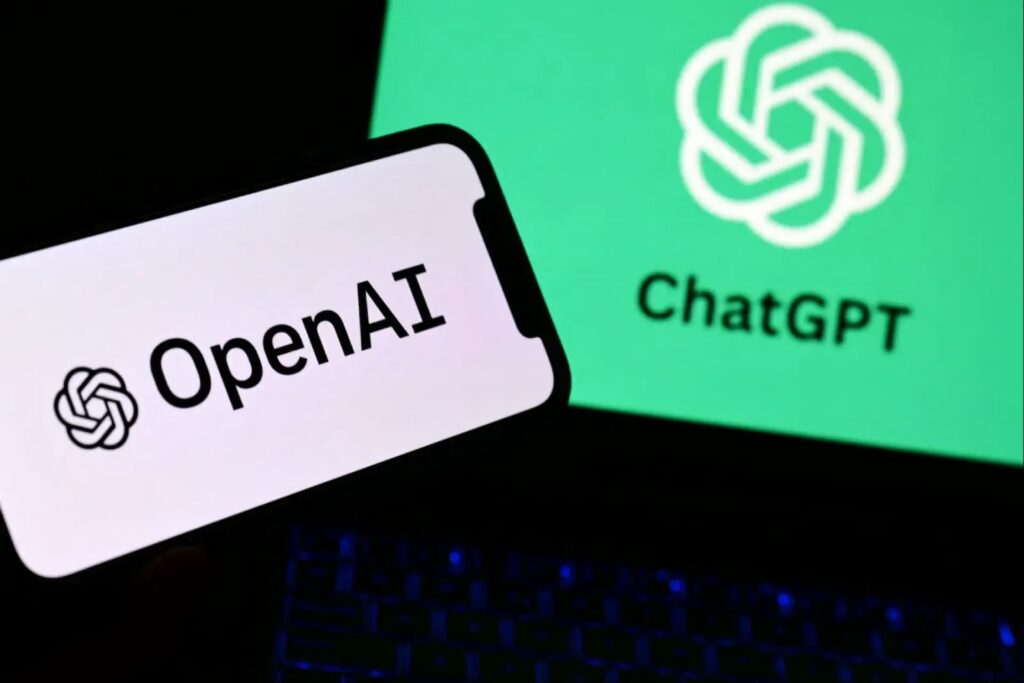ChatGPT faces scrutiny as OpenAI updates protections after teen suicide case
Parents allege that OpenAI’s ChatGPT isolated their son and influenced his suicide, intensifying scrutiny of chatbot safety and the responsibilities of AI companies.

OpenAI has announced new safety measures for its popular chatbot following a lawsuit filed by the parents of a 16-year-old boy who died by suicide after relying on ChatGPT for guidance.
The parents allege the chatbot isolated their son and contributed to his death earlier in the year.
The company said it will improve ChatGPT’s ability to detect signs of mental distress, including indirect expressions such as users mentioning sleep deprivation or feelings of invincibility.
It will also strengthen safeguards around suicide-related conversations, which OpenAI admitted can break down in prolonged chats. Planned updates include parental controls, access to usage details, and clickable links to local emergency services.
OpenAI stressed that its safeguards work best during short interactions, acknowledging weaknesses in longer exchanges. It also said it is considering building a network of licensed professionals that users could access through ChatGPT.
The company added that content filtering errors, where serious risks are underestimated, will also be addressed.
The lawsuit comes amid wider scrutiny of AI tools by regulators and mental health experts. Attorneys general from more than 40 US states recently warned AI companies of their duty to protect children from harmful or inappropriate chatbot interactions.
Critics argue that reliance on chatbots for support instead of professional care poses growing risks as usage expands globally.
Would you like to learn more about AI, tech and digital diplomacy? If so, ask our Diplo chatbot!
